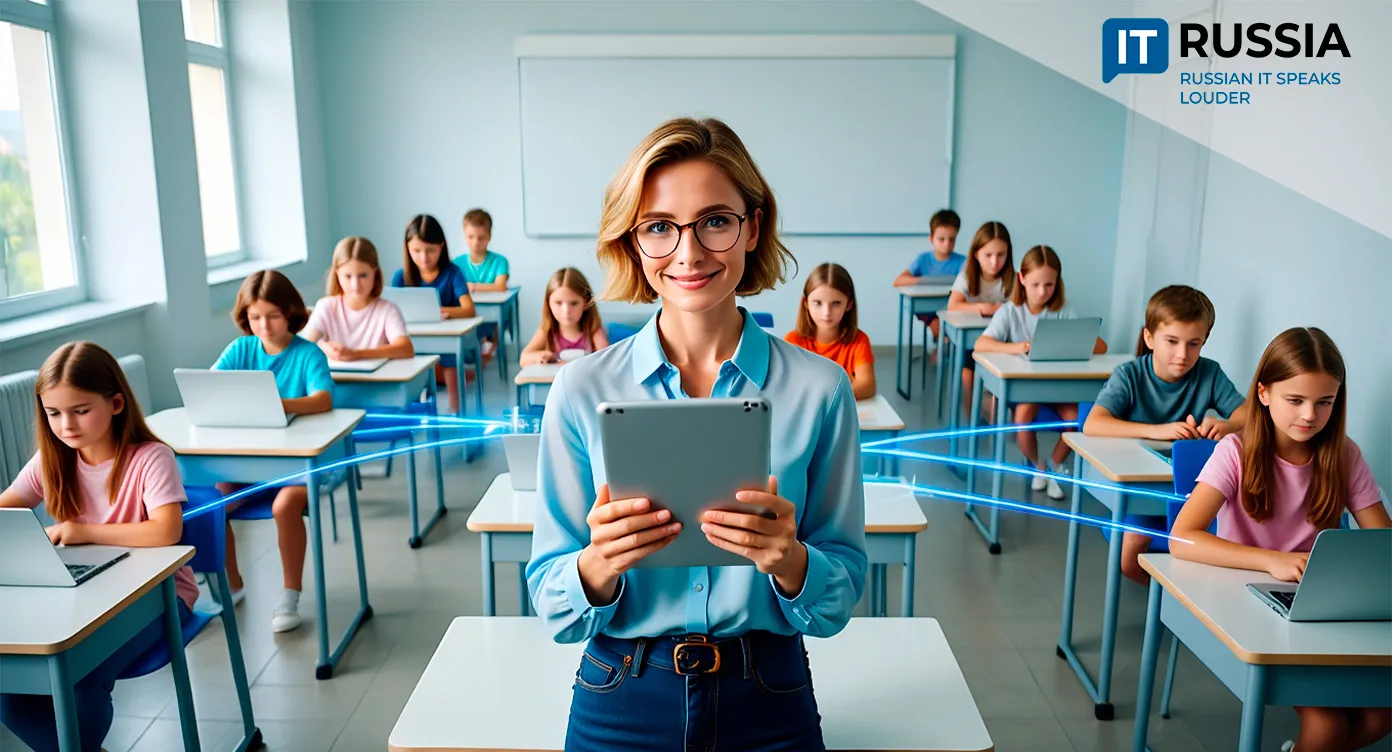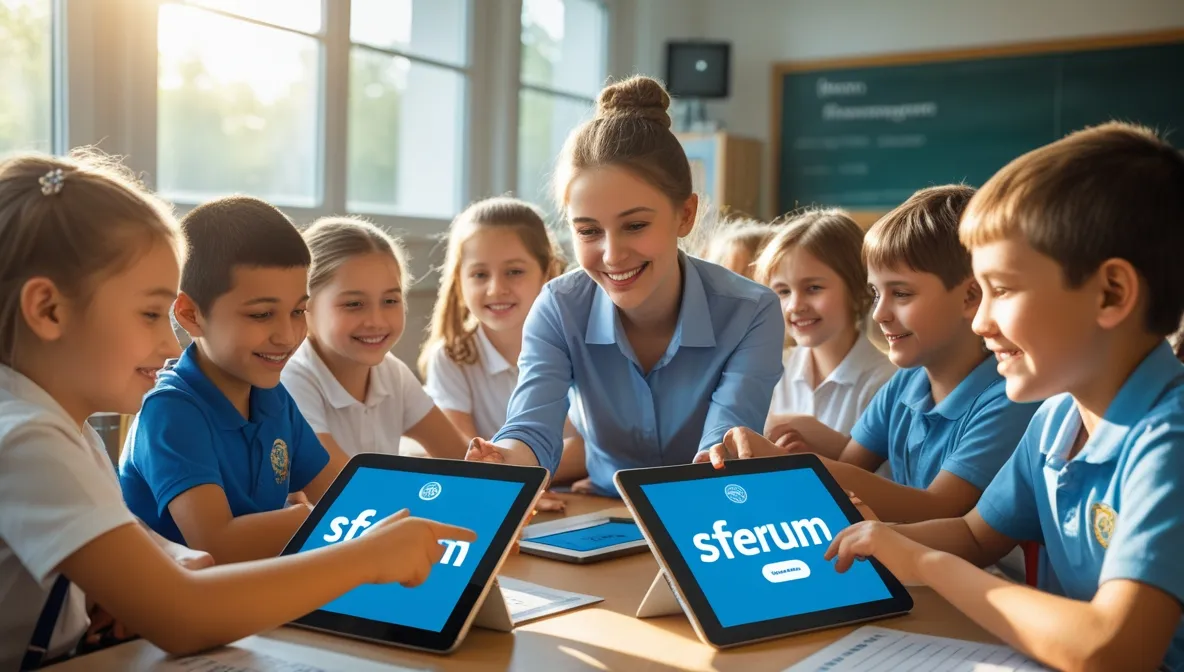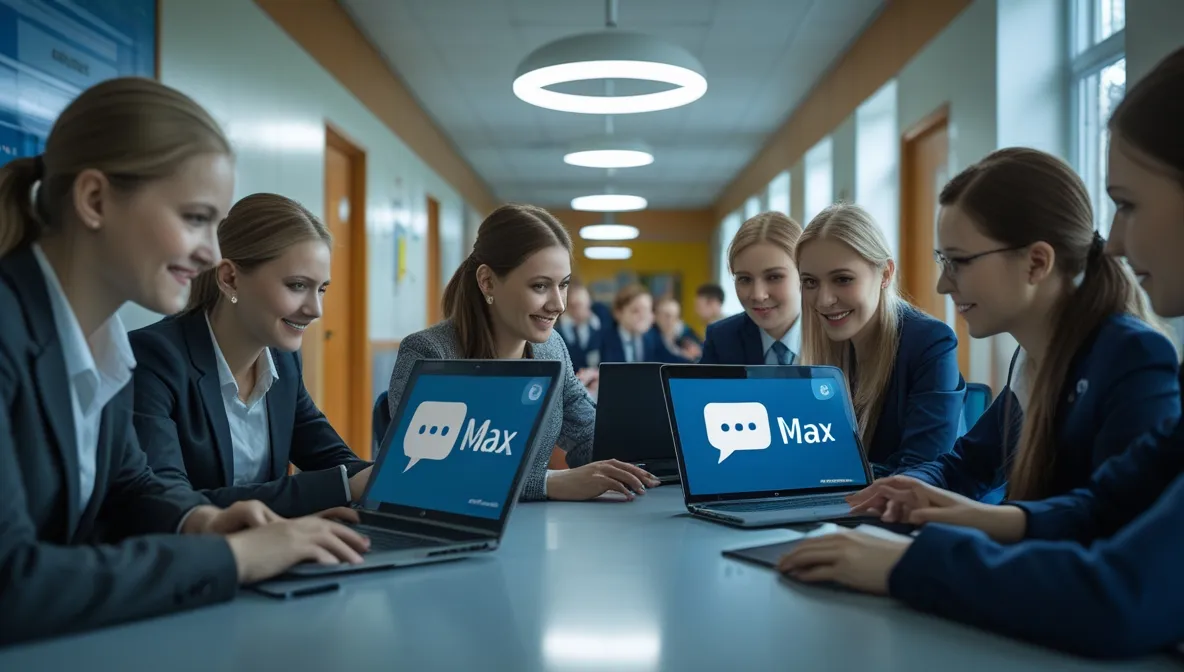One Click to Connect: How Stavropol Schools Are Using Sferum to Transform Learning
More than 120,000 parents, students, and educators across the Stavropol region are now using Sferum, an educational platform integrated with the MAX messenger. The digital ecosystem is reshaping how schools communicate, learn, and grow — offering a glimpse into the future of connected learning in Russia.

A Unified Digital Classroom
In Stavropol, the entire school community — students, parents, and teachers — has come together in one digital space. Built on the Sferum platform and integrated with the popular MAX messenger, the system replaces a patchwork of separate tools with a single, seamless ecosystem.
For the region, this marks a major leap forward in digital education — and for Russia, it’s a model of how localized innovation can scale nationally. Parents no longer need to scroll through multiple chats or ask their children how they did on a test. Real-time updates from the electronic gradebook deliver everything — grades, schedules, homework, and attendance — directly to their devices.

Teachers and students also benefit. They have access to secure chats for class projects, simple file sharing, and quick video meetings. Built-in AI-powered bots help students with questions and assist them in discovering extracurricular opportunities such as those linked to the national ‘Pushkin Card’ program. The result is a more transparent and engaging learning process, with less paperwork, fewer phone calls, and direct communication between school and home.
A Scalable Model for Digital Learning
The Stavropol project is not just another digital tool — it’s a living system with enormous growth potential. Its architecture, blending a unified platform, messenger, and e-diary, offers a replicable model for other Russian regions. At its core, the platform is evolving toward integration with AI-powered digital assistants that can serve as personalized tutors.
As Sferum gathers large volumes of educational data, it opens the door to predictive analytics, identifying learning gaps and offering tailored recommendations for each student. For teachers, this shifts their role from lecturer to mentor, leveraging data insights to provide targeted support.
The project’s long-term success depends on how effectively all participants — educators, parents, and students — adapt to the new digital environment. Ensuring strong data protection and user trust will be critical to sustaining its growth.

Learning Through Experimentation
Stavropol’s experience aligns with Russia’s broader digital education agenda, but it stands out for its scale and depth of integration. It is the first regional ecosystem that merges the communication power of a messenger app with a full-fledged school infrastructure.
Between 2021 and 2023, Russia saw rapid adoption of distance and hybrid learning tools — a response to the COVID-19 pandemic that later evolved into a new digital teaching culture. Stavropol’s Regional Information System for Education (RISE) had already provided electronic services for early childhood, general, and vocational education.
Nationally, the federal ‘My School’ initiative and widespread electronic gradebooks helped accelerate this transformation. Other regions have tested similar ideas, experimenting with digital schools, chatbots, and messenger-based classroom communication. Stavropol’s success shows how these experiments can converge into a robust, user-friendly platform that simplifies teaching, connects families, and enhances educational equity.

Data: The New Educational Goldmine
The next phase of the project aims to connect most of the region’s schools and enhance Sferum’s intelligent features. The platform could soon do more than record grades — it may analyze performance trends and suggest areas for improvement. The data collected across schools is a goldmine for creating personalized learning paths, ensuring that every student receives individualized support.
This approach mirrors global trends in edtech, where analytics and adaptive systems are transforming education from standardized instruction to personalized learning journeys. In Stavropol, that future is already taking shape — powered by data, AI, and the belief that technology can make education both smarter and more human.










































